I imagine those of you that didn’t make it to Beer Boot Camp this year spent the last two weekends nursing your fomo and attempting to avoid Twitter. So for you I bring a little taste of the talks the conference gave us. For those that attended, this list should serve as a nice reminder of an awesome day and will hopefully help with the post Boot Camp blues. I took copious notes throughout the five talks but have edited them down to a list of the 10 key things I learnt at Boot Camp this weekend.
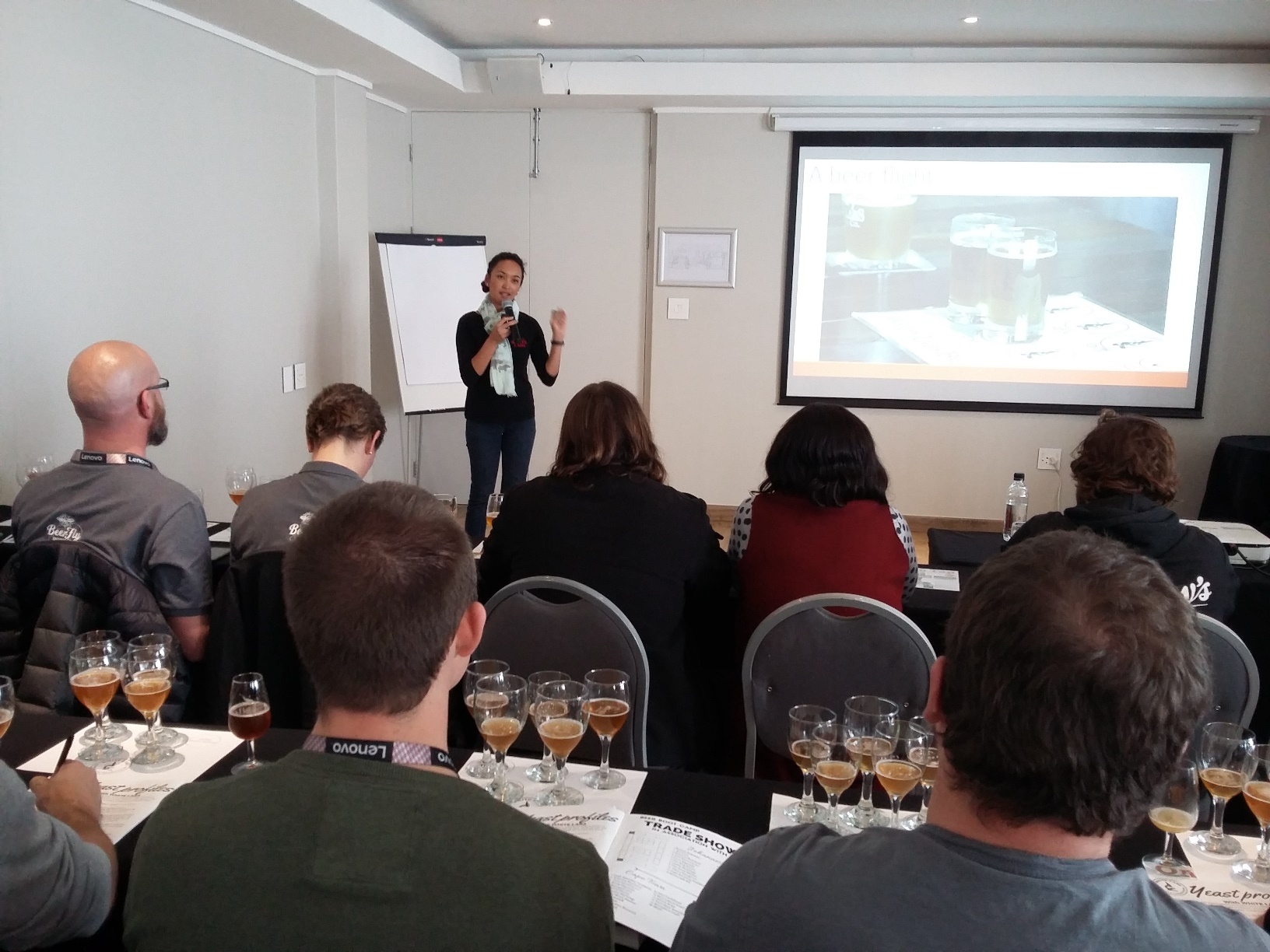
Learning about yeast with Neva Parker from White Labs
1. You can always learn more
Seems like a pretty obvious statement, but while there were representatives from a pretty impressive number of Cape breweries (I counted 16), there were even more than didn’t attend. I’m not sure what people’s reasoning was but I fear that in some brewers’ cases, they believe that as commercial microbrewers they already know enough. Let me tell you this – Wolfgang Koedel was there. Not only that, but in one session, he had questions for the presenter. And if Wolfgang can learn something new at a beer conference, I’m damn sure the rest of us in the SA craft beer industry can.
2. It takes up to 12 years to breed a new hop variety.
Dr Christina Schönberger, the ‘Queen of Hops’, gave a great talk on what’s happening in the world of hops and how scientists around the world are striving to make sure that brewers and beer lovers are always getting something fresh and flavourful to spice up their brews. Not all new hops are bred to create new flavours and aromas – sometimes new varieties are created to mimic older hop strains that have become susceptible to disease. But whether it’s for flavour, aroma or disease prevention, breeding a new hop is a long journey that takes around a decade to complete.
3. There are some world class beers being brewed in Cape Town
I’d like to think we all knew this anyway, but it’s nice to hear that the beers you love are considered awesome by beer experts like Randy Mosher and Mazen Hajjar, who both uttered the words “world class” to describe different Cape-brewed IPAs. Pete Brown was likewise quite taken with a number of Cape beers so it’s great to know that we’re on the right track. And this isn’t to say that there aren’t great beers being brewed in Johannesburg or indeed elsewhere in the country, but I met the presenters in Cape Town and the beers they were enjoying when we chatted were brewed here in the Mother City.
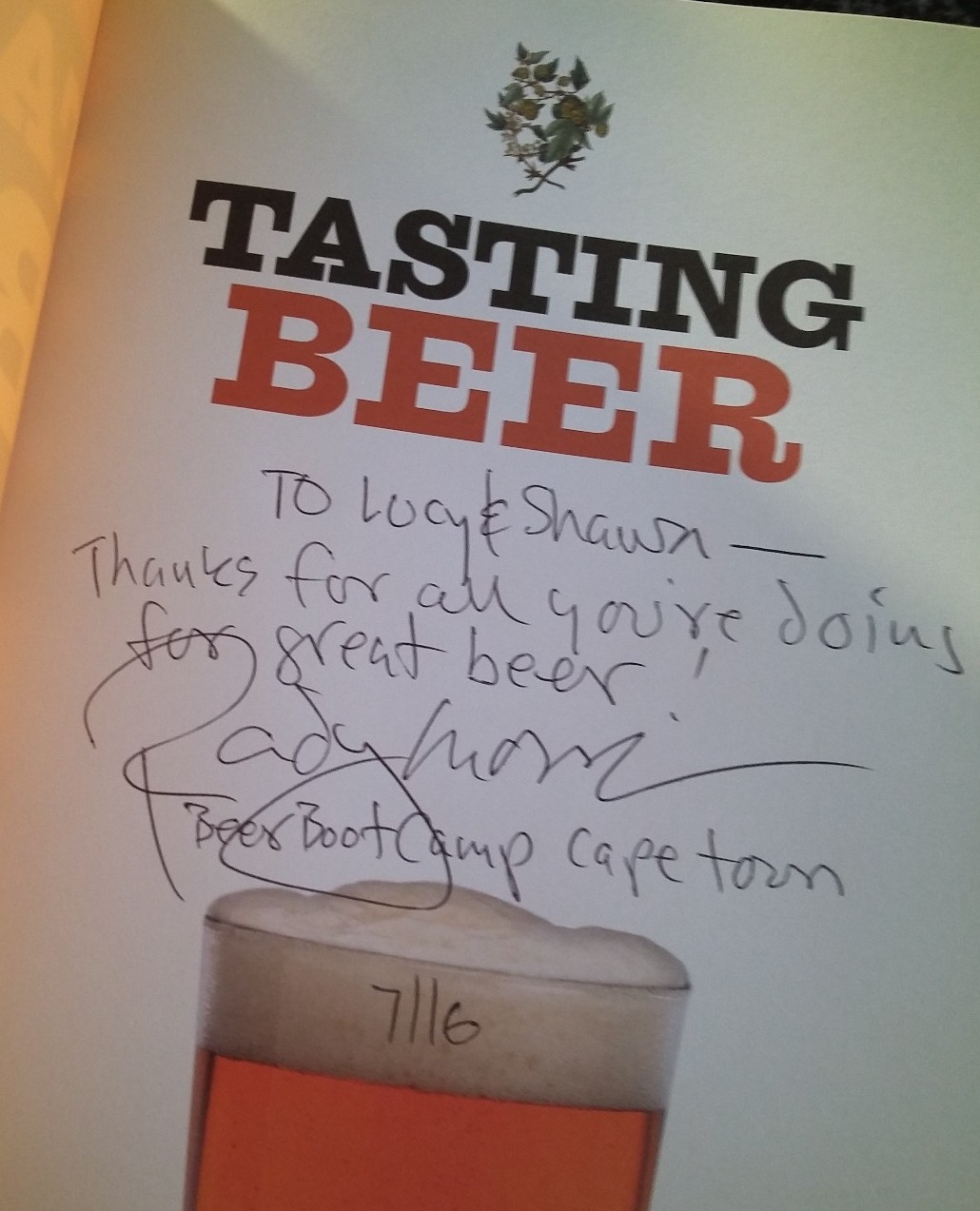
I’ll never be rich, but I do love what I do!
4. I’m probably never going to make any money as a beer writer
Again, something I probably already knew, but now at least I know for sure… “Beer writing is a great avenue that leads to other ways to not make money”, said Randy Mosher (or words to that effect). As a graphic designer and knowledgeable brewer, Randy has other talents to bring in the bacon, while writing about beer brings the fame. Pete Brown worked in advertising before becoming a writer and looks to his former profession to provide consulting work that backs up his writing. My background is in writing, so I’m pretty much screwed.
5. Education is the key to growing our industry
OK, so education is pretty much the key to anything, but there is a particular lack of learning in the South African beer scene. Not that people aren’t learning – I’m pretty sure every brewer in the country learns something new every day – but there is a lack of structured, formal learning. How many brewers reading this have ever taken a course? How many of you who have passed your brewhouse reins on to an assistant have bothered sending him or her on a course? Brewing courses don’t abound but there are good options in both Cape Town and Johannesburg, plus the IBD if you want to do a distance course. And if you can’t get to a course, at least make sure you get to some other breweries and learn from your peers. JC Steyn of Devil’s Peak hammered home the need for the industry to help each other and work together in order to grow. If you sample a faulty beer, pick up the phone and call the brewer, and if you know what went wrong offer to help them put it right. And it’s not just about education for the brewers. Mazen Hajjar emphasised the need to ensure your staff know what’s going on. “Educate your sales and bar staff. They are your first line and they want to be able to sell a story,” he said. “They want to sound like they know what they’re talking about.” Invest in a brewing course, invest in some staff training. Never stop learning.
6. There are at least 400 flavour/aroma compounds identified in hops
And this, ladies and gentlemen, is why people love hops. Why, as Christina Schönberger put it, hops are a “religious experience” for some people. The next time someone tries to tell me how complex wine is, I will guffaw – guffaw I tell you – at the very notion. There are at least 400 flavour/aroma compounds in hops alone, without even beginning to think about the other ingredients in beer. now that’s a complex beverage.
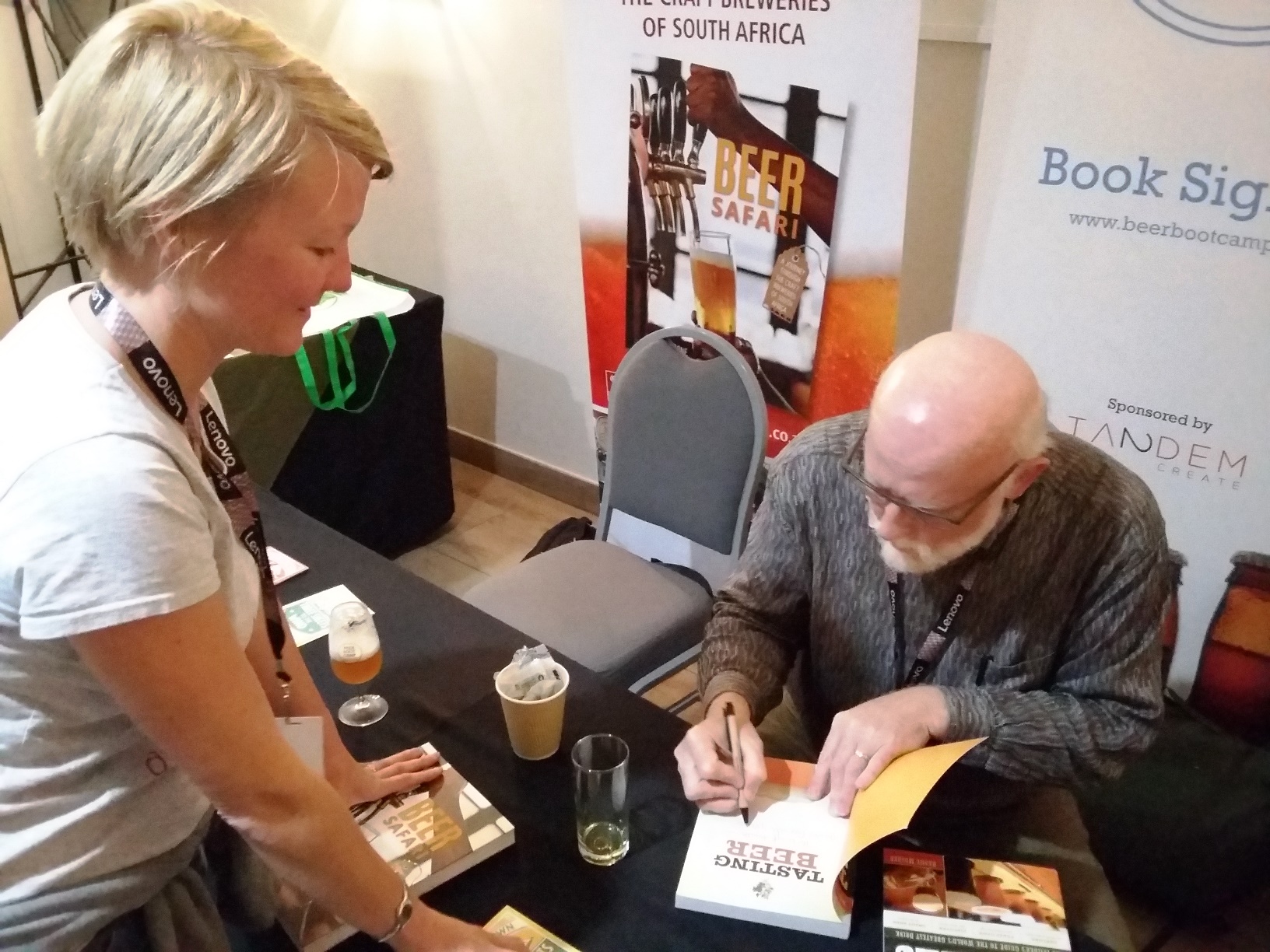
Meeting a beer hero
7. South Africa’s craft beer industry is estimated to account for around 0.3% of the country’s total beer output
This figure was according to JC and sounds about right to me. We are a tiny drop in an ocean of Castle and Black Label, but we are growing – at a rate of almost 50% a year for the last two years according to my calculations. People are often talking about the ceiling, about the bubble bursting, about the SA scene not being sustainable. I often cite our demographic and the fact that a large portion of the population can’t justify the ever-rising cost of craft beer, but Mazen Hajjar disagrees. “All human beings genuinely have good taste,” he told us when one delegate pointed out the barrier to SA craft growing in the way it has in the US or Australia. “You have to teach people to drink less but drink better.” Certainly something to think about.
8. It’s pretty much impossible to offend delegates at a beer conference
I do a reasonable amount of public speaking so when I go to conferences, I’m almost as interested in how the presenters speak as I am in hearing what they have to say. And one thing I picked up this weekend is that I probably need to say “fuck” a lot more when speaking at conferences. Well, not really, but the emphatic presenters at Boot Camp often had the delegates rolling in the aisles and it seems we are an impossible bunch to offend. Pete talked about insect fornication and eating your own poo (look out for his book What are you drinking next year for the polished version of this turd analogy) while Mazen gave us all an expletive-dotted but very well-natured dressing down that had everyone nodding in agreement (though his speech at the after party made even Greg Casey blush…)
9. White Labs in San Diego has one of the beer geekiest tap rooms in the world
Neva Parker’s yeast tasting session was pretty cool, especially to someone who is usually all about the hops (me). But cooler still was the quick photo she flashed up of the tasting room at White Labs HQ. With chandeliers made of laboratory flasks, framed photos of microscopes and 32 taps lined up behind the bar, this place really puts the “geek” into beer geek. And what will you find on tap? Well, a veritable yeast tasting, with experiments showcasing different yeast strains and different fermentation techniques. You will want to take a notepad to a sipping session here.
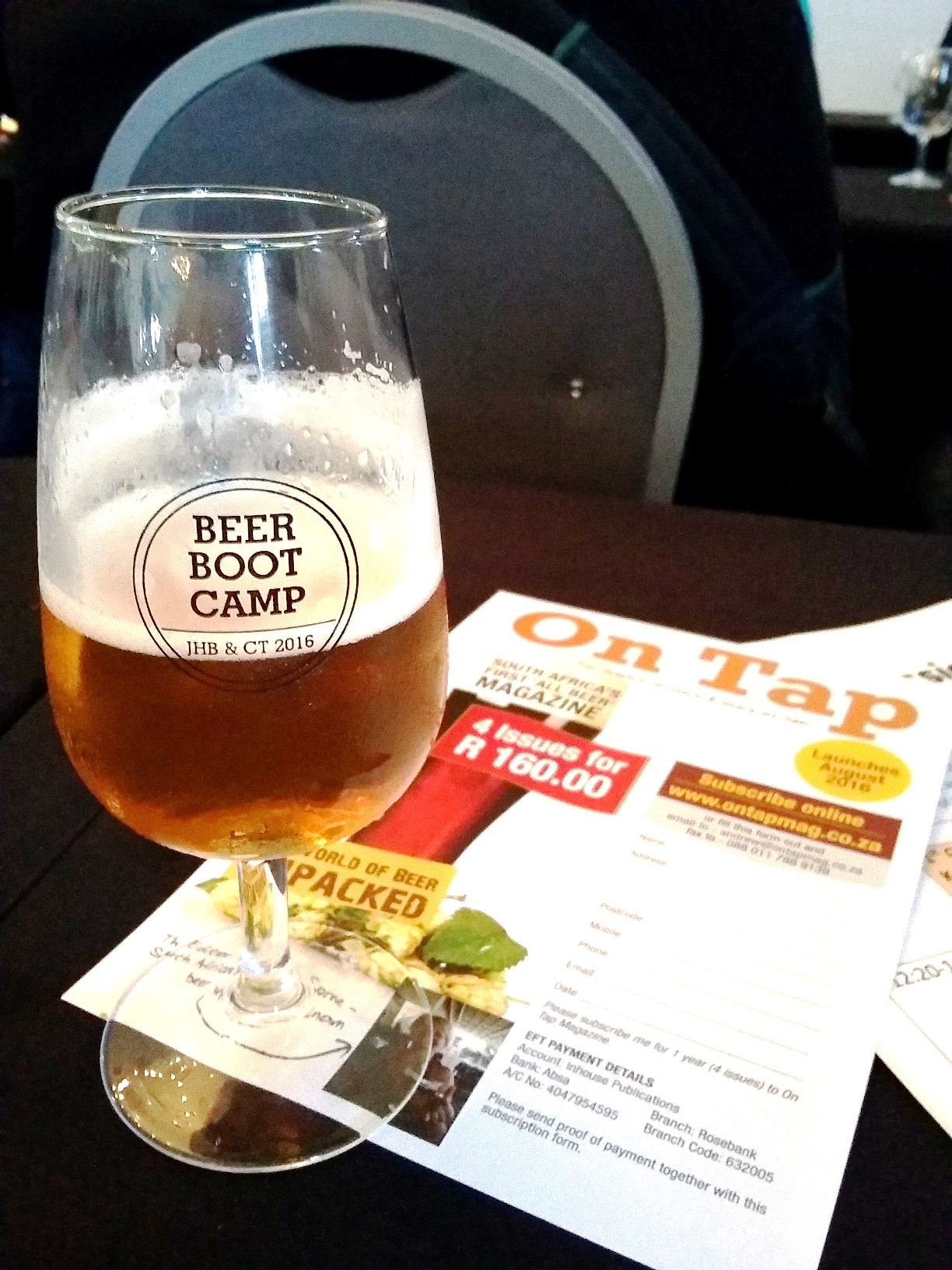
Mock-ups of On Tap, SA’s first dedicated beer magazine, were on show at Boot Camp
10. Craft brewers in South Africa need to “shit or get off the pot”
What a way to round off a well run, fairly well-attended (I’d love to see it triple in attendee numbers next year) and very much-enjoyed day – with an inspiring, no holds barred talk from a guy who set up a brewery in Lebanon in the midst of a civil war. “If you think the South African market is tough, try starting a brewery in Lebanon”, Mazen Hajjar told us, referring to the numerous times SA brewers have told him how tough it is to get going in this country. “In Lebanon, we produce a hell of a lot of wine, drink shit loads of whisky and have zero beer culture,” he told us, adding that the average per capita consumption is 5L per year. Good god, I think I drunk that much over the weekend. But he set up his brewery, 961 Beer, and 10 years later, the brewery produces 2 million litres of beer a year and exports to more than 20 countries, including the US. You could feel the room sitting up and taking notice, could see the brewers fidgeting and thinking “maybe this beer thing will work after all.” But Mazen had plenty of tough words for South African brewers, starting with a word to those putting out sub-par beer. “If you think it’s going to cost you a lot to dump a bad batch of beer, it’s going to cost you a lot more not to dump it,” he said, referring to the damage you’ll do to your brand. And it’s not just your brewery you harm by putting chlorophenolic, sour, diacetyl-ridden beer into the market. “If you make a shit beer, you damage the reputation of everyone else in the business,” he so rightly said. He also had wise words to share about business models and quantities, pointing out that there are two models for success – a brewpub or a sizable scale of distribution. Nothing in between will work. In the Australian market (he has since sold 961 and opened a brewery in Australia), a million litres a year is the minimum if you want to make a living from beer, says Mazen. South African is a different market, but I have heard from several independent sources that the bare minimum for financial success is to sell 12,000 litres a month. “Be a craft brewer,” says Mazen, although he admits he hates the word ‘craft’, “or stay a homebrewer. Either is fine, but don’t try to have a foot in each camp. Either you do it properly or you don’t do it at all. You need to shit or get off the pot”.
It was an inspiring day for brewers and beer enthusiasts and I would love to hear what inspired you most about the day, what action you’ll be taking to be a better brewer, a better server, a better seller or a better drinker. And keep an eye out for details of next year’s Boot Camp. I’ve already heard that a pretty awesome keynote speaker has been confirmed…
You will also want to take a look at Randy Mosher’s piece on his trip to South Africa – a superb read.


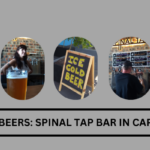
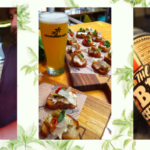


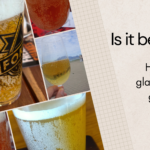
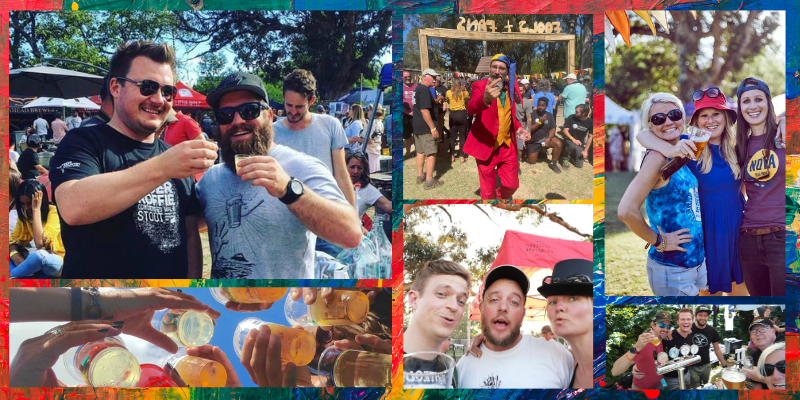
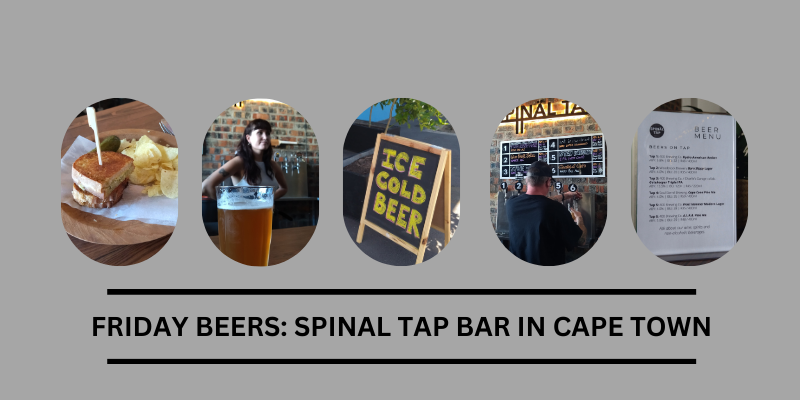
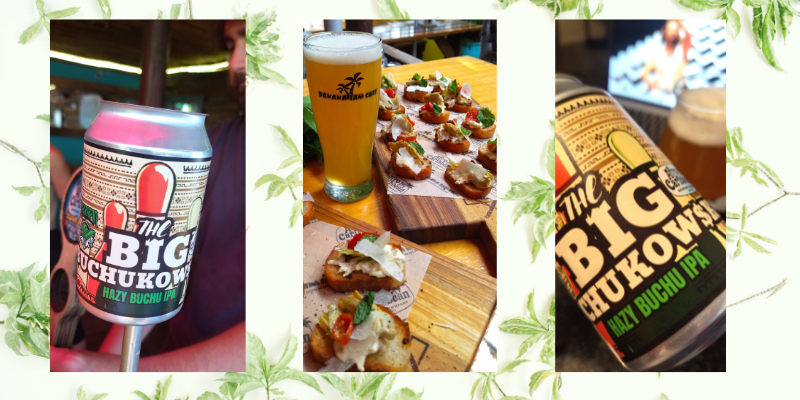
Interesting point you make with #5! I tend to disagree with re the lack of training opportunities in South Africa. We at GBS (Global Beverage Solutions) have tried to run courses in SA where the focus is on brewing science and not how to run and market a brewery and so far we have managed to run two very successful courses in Johannesburg, but had to cancel the last one due to lack of numbers. So far, and even after canvasing and emailing most of the local breweries and brewers in Cape Town, we are still to get a group of more than 4 people to sign up! Education is NOT free but unfortunately most of the brewers that I can spoken to, want their brewing education for free. Well, like free beer is ain’t going to happen!
I am pleased to announce that we have partnered with a brewery in Cape Town and hope to have a residential course up and running at the start of spring. Likewise, I will also be launching a new online training course in the spring, which will allow brewing operators to learn in situ through notes and work books.
If people are interested in getting some training advice or chatting to me about beer education, then please ask them to email me on clive@gbsinfo.com or to call me on 082 850 0452. We have been providing brewing training for over 14 years to the industry world wide, so hopefully I will be able to add some value.
You’re right Clive – it’s not necessarily a lack of courses but a lack of passion/general giving a crap/willingness to spend some money. Mazen emphasised again and again the point about doing it properly or not doing it at all. If you’re not willing to invest in great base ingredients, good equipment (chuck out those plastic fermenters!!), training and quality control, then bugger off and ruin someone else’s industry!!
Hooray …. give that man a well made beer!!
For what it’s worth, I did the course Clive is talking about and not only was it the most fun I’ve had in an educational setting, but it was a huge jump in my brewing knowledge and understanding. The price was pretty reasonable in my opinion, and I can’t imagine why any professional brewer in this country wouldn’t justify the cost.
Sadly, since I’ve completed the course, It has become really obvious to me how many brewers in this country simply aren’t equipped to be brewing professionally. So many questions they aren’t able to answer. But usually their beer reflects this anyway. Yet some of them continue to grow, so go figure!
Great to have a recap of that epic day, thanks Lucy. I nearly didn’t manage to go (confusion on my part), and I am so so grateful I did. Whew. I learnt loads, but in addition to that, it sparked my thinking on other related topics which got me reading even further. There really is so much info out there, and like Christina Schönberger rightly said, there is stuff we are still discovering and learning about (in relation to hops), but I think that goes for all beery things.
Most pertinent statement of the day: “If you think it’s going to cost you a lot to dump a bad batch of beer, it’s going to cost you a lot more not to dump it,” “If you make a shit beer, you damage the reputation of everyone else in the business.”
Ooh – I asked Mazen your question regarding quality control. He basically said don’t scrimp on it. They take samples at every stage of the brew and have a lab and a sensory panel at Hawker. At 961 he would send samples to an external lab and suggested that if that’s not possible here then a group of brewers should club together to get a sensory kit from Flavour Activ. “You can not invest too much in quality control” he said, which is probably about right. Do you know where people can send their beers to be tested in SA?
Has any one spoken to Bill Simpson re doing a taste training course in Cape Town. Would you like me to email around and see from my contacts who would be prepared to come to CPT and run some sensory training??
Awesome, thanks so much for asking him, I appreciate it very much. His response is as expected, though, it still drives home the importance of this sort of analysis in SA. I spoke to Apiwe at one stage, and she had said she was busy setting up a lab. I am not sure if it’s going to be entirely for Brewhogs or not, but it sounded like they might be offering it to other breweries too. I may be completely wrong, but I hope I’m right 🙂 This would be awesome to have access too.
Love the read Lucy: all true words…very sorry I couldn’t attend. A little lesson I learned when I brewed in Lincolnshire at Bateman’s last year: Martin Cullimore has a Masters degree in brewing from a recognised university (we have zilch) and as the longest serving head brewer in the UK, said to me: “I still learn every day” WOW…..where does that leave the rich kids with a toy brewery who call themselves “Brewmasters” here in SA???? Let’s keep plugging away at it though.
Thanks Lucy. Nice to have the little summary for those of us who weren’t able to attend.
The JHB conference was also a win. I really enjoyed the talks by Pete Brown and Mazen, and Randy’s was also so enlightening. It was (as it was at Boot Camp 2015 and the CPT Powwow) disappointing to see how many brewers were not there, as you said – these kinds of opportunities are so invaluable, and if you believe that you as a craft brewer know everything, you are sorely mistaken.
Plus, I love our little industry and it’s always great to get together, drink too much niceness, and have endless beer geeky chats ☺
Absolutely – any chance for a big old beery get together is a great thing in my book.
The biggest thing I learned is that I definitely want to work in the brewing industry, whether working at a brewery or (hopefully) one day starting my own. I have only been home-brewing for just over a year so I’ve still got a lot to learn, but I’ve already started up scaling my equipment to brew and experiment more, planning on joining my local Homebrew club for their next meeting and looking at courses available on Siebel and IBD. Mazen’s talk really clicked something and affirmed that this is want I want to do.